April 16th is National Gardening Day. According to the National Gardening Association (NGA), 1 out of 3 of households in the US grow food in a garden. Whether in a backyard garden, community garden, or in an urban setting, the number of gardeners in the US is on the rise.
There are numerous tools and equipment to assist individuals in the garden. Whether you are dealing with injury, a health condition, arthritis, etc. or you would like to prevent injuries from over-use, there are tools and equipment available for your needs.

Check out these helpful gardening tools and equipment
Ergonomic Gardening Tools
Ergonomic gardening tools keep hands and wrists in an natural position to reduce strain on the joints. Many ergonomic gardening tools can be equipped with longer handles, increasing stability and reducing the need to bend and stoop.
Easi-Grip Tools

Radius Garden Ergonomic Tools

Fiskars Softgrip Bypass Pruner
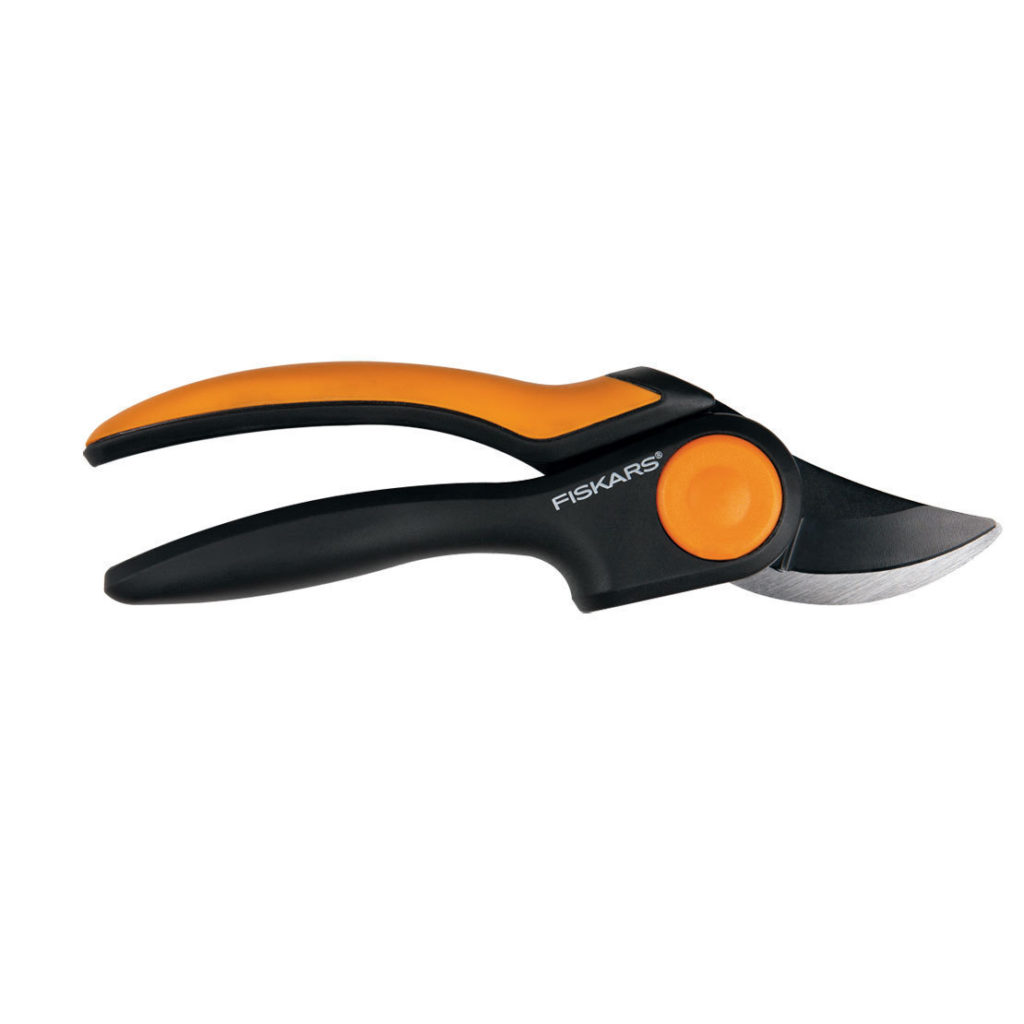
Corona Extendable Handle Tools

Raised Beds
Raised beds not only elevate the growing surface to reduce or eliminate bending and stooping, but they also enable individuals in wheelchairs and mobility devices easier access.
VegTrug Raised Bed
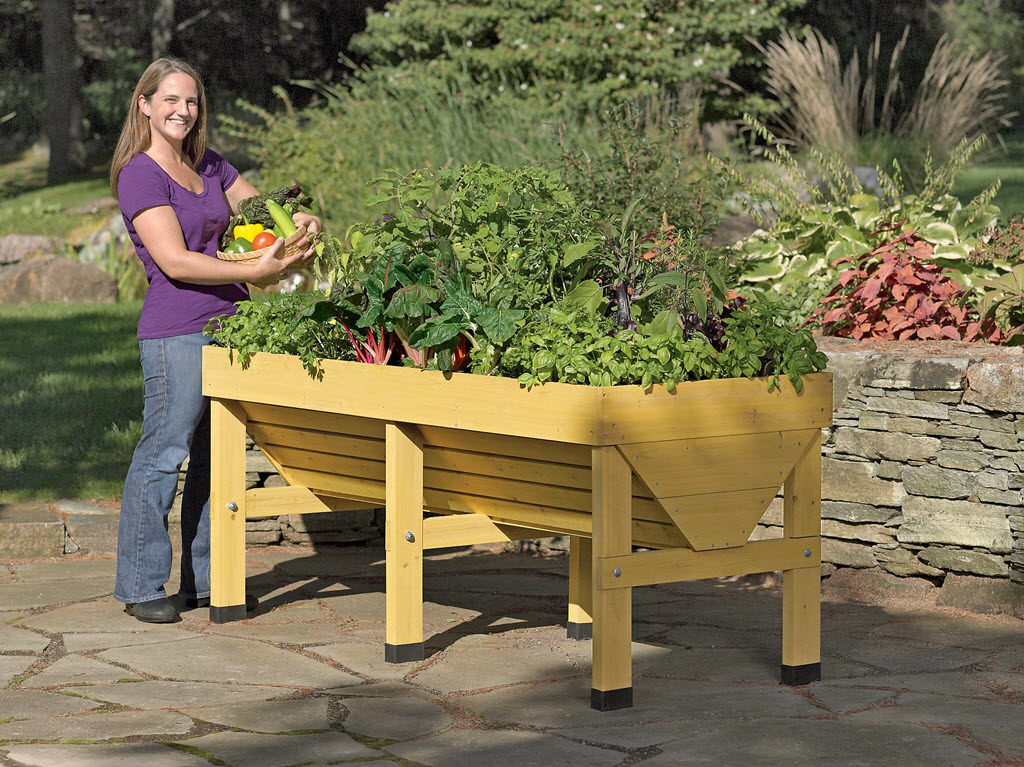
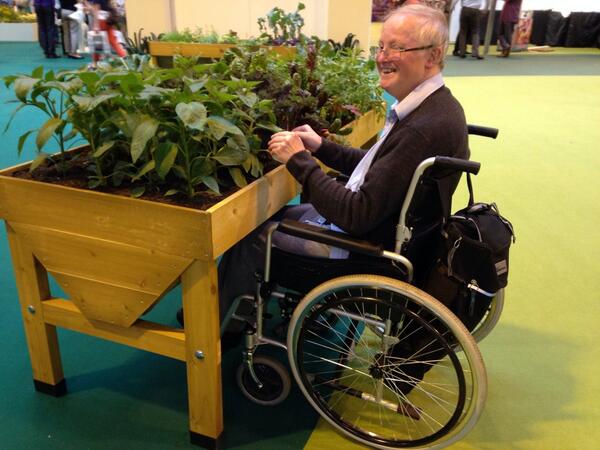
Planting/Seeding Tools
Planting, transplanting, and seeding can be a physically taxing task that is required for any gardener. Extensive bending, stooping, and keeling can be limited with the use of planting aids. Check out some simple planting and seeding tools.
DIY Homemade Seed Planter
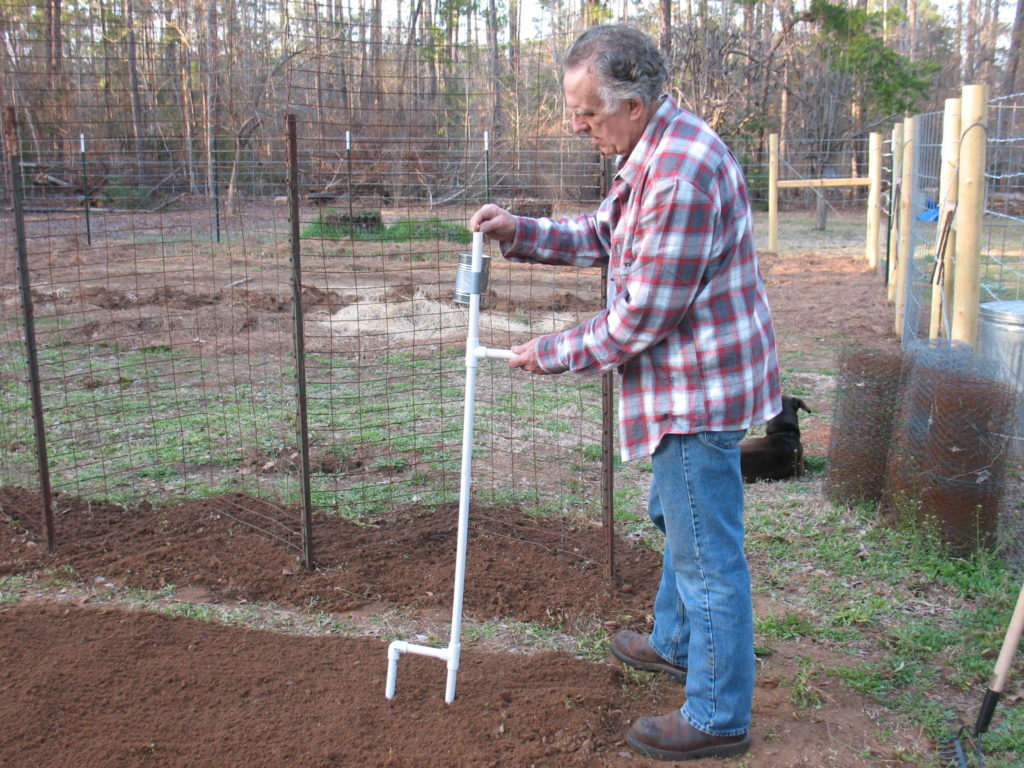
4 Row Pinpoint Seeder

Garden Seats & Carts
Many of the tasks in a traditional garden require access close to the soil surface. Garden seats and carts can limit the need for excessive and repetitive bending, stooping, and kneeling.
Rolling Garden Work Seat
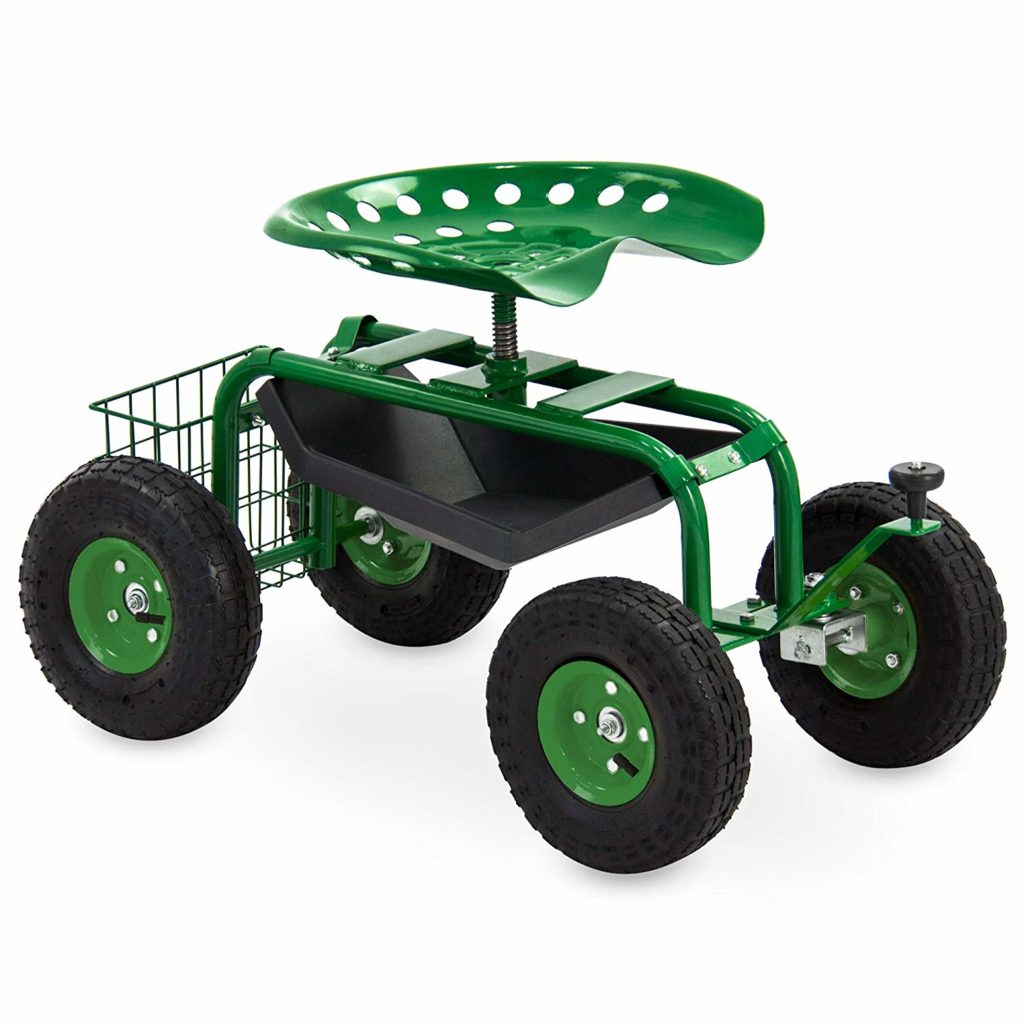
Garden Kneeler and Seat
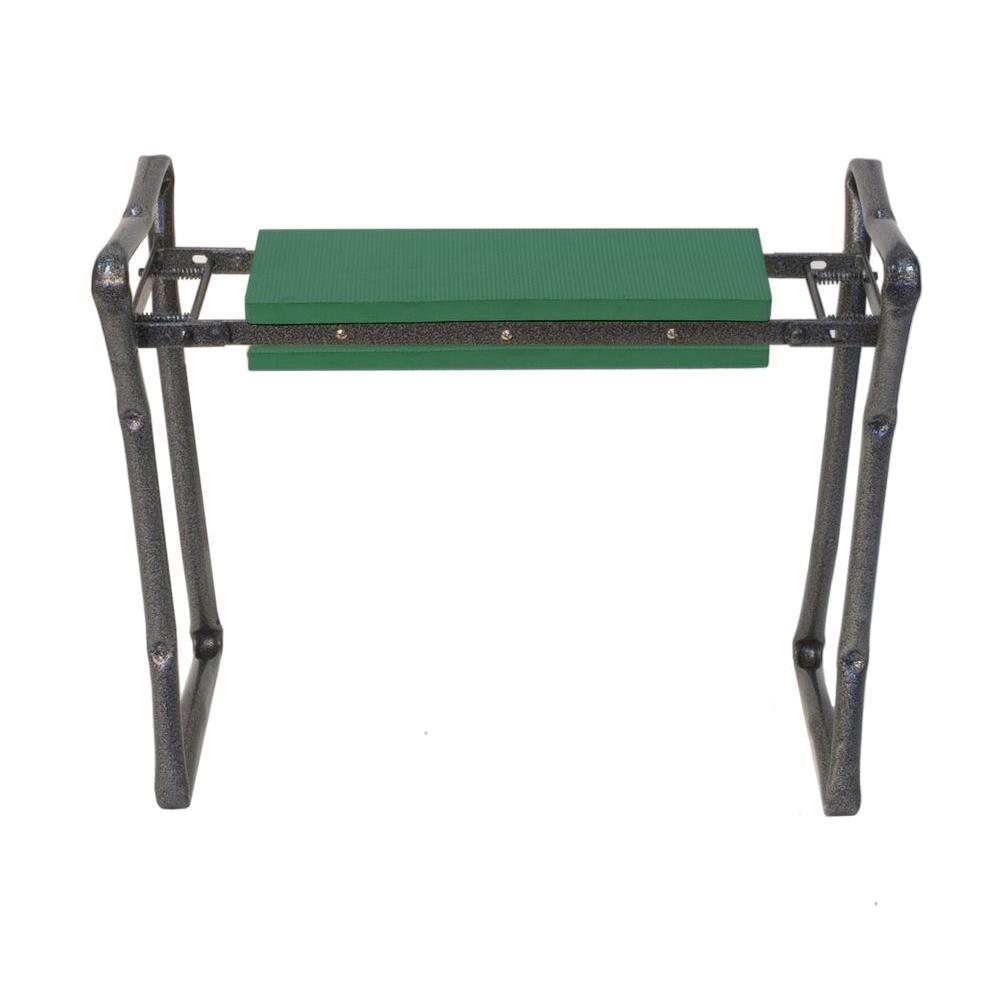
There are numerous options for equipment and tools to assist with gardening work, from high tech to DIY. You can check out more gardening tools and equipment at the AgrAbility Toolbox
If you have a disability, chronic health condition, or functional limitation that affects your gardening, contact us. Texas AgrAbility provides services to individuals in agriculture affected by disability, chronic health conditions, or functional limitations.
Blog Article by: Makenzie McLaurin Thomas

